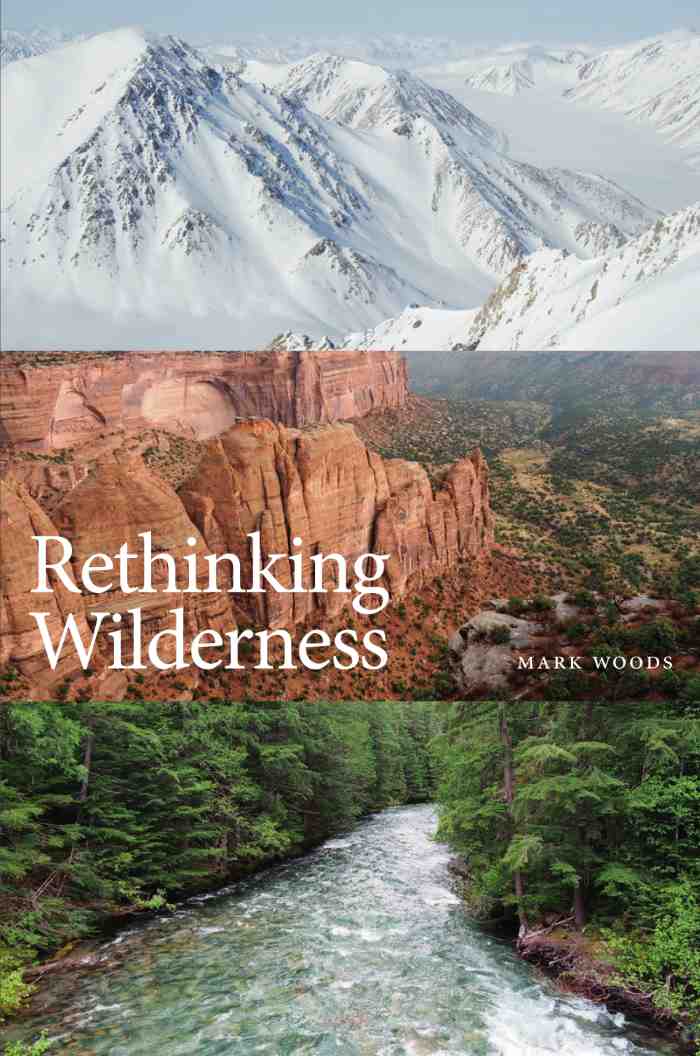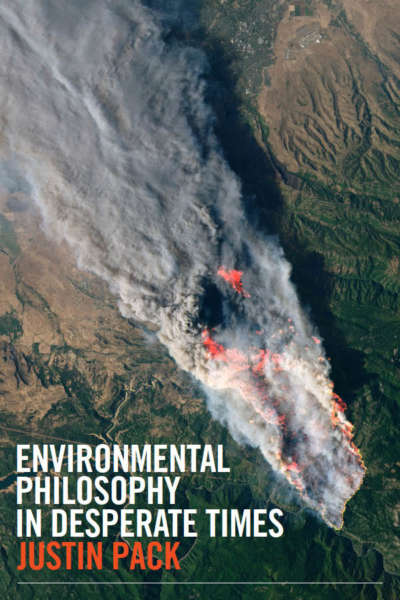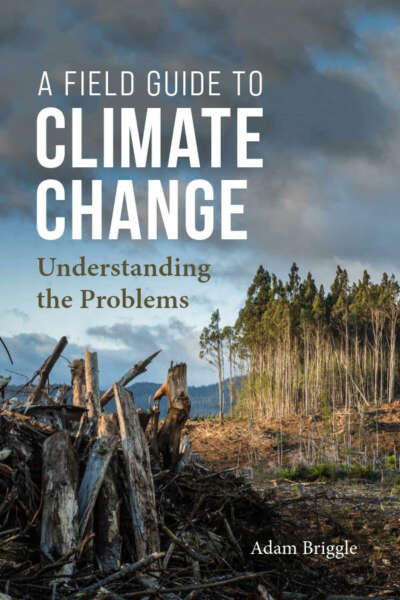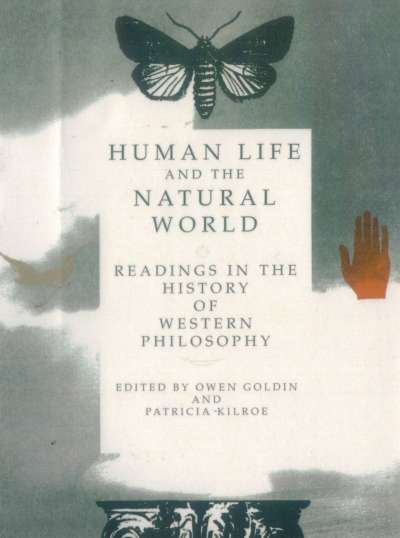The concept and values of wilderness, along with the practice of wilderness preservation, have been under attack for the past several decades. In Rethinking Wilderness, Mark Woods responds to seven prominent anti-wilderness arguments. Woods offers a rethinking of the received concept of wilderness, developing a positive account of wilderness as a significant location for the other-than-human value-adding properties of naturalness, wildness, and freedom. Interdisciplinary in approach, the book combines environmental philosophy, environmental history, environmental social sciences, the science of ecology, and the science of conservation biology.
Comments
“Rethinking Wilderness articulates a thoughtful, rigorous, and reformist case for wilderness. It could not be more timely. Everyone who cares about defending the natural world should read this book.” — Dale Jamieson, New York University
“In Rethinking Wilderness Mark Woods carefully works through the most prominent recent criticisms of the idea of wilderness. Woods’ analysis is careful and his discussions are wide-ranging, touching on issues in environmental history, social theory, ecology, and conservation biology. This is an important piece of scholarship, essential reading for critics and defenders of wilderness alike.” — Katie McShane, Colorado State University
“Rethinking Wilderness could as well be titled Rethinking Rethinking Wilderness. Mark Woods analyzes with great clarity those who have critiqued the original wilderness idea in anti-wilderness directions. Hence my doublet title, to emphasize doubly how this is a permanent contribution to thinking about wilderness.” — Holmes Rolston III, author of A New Environmental Ethics: The Next Millennium for Life on Earth
“… a valuable resource for understanding and accessing a rich and diverse array of resources on wilderness from across multiple disciplines. The book contributes importantly to debates over wilderness in the thoughtfulness and nuance it offers: this is an especially valuable intervention, given that the ‘great wilderness debates’ at times have tended to foster all-or-nothing thinking with respect to wilderness.” — Marion Hourdequin, Environmental Values













